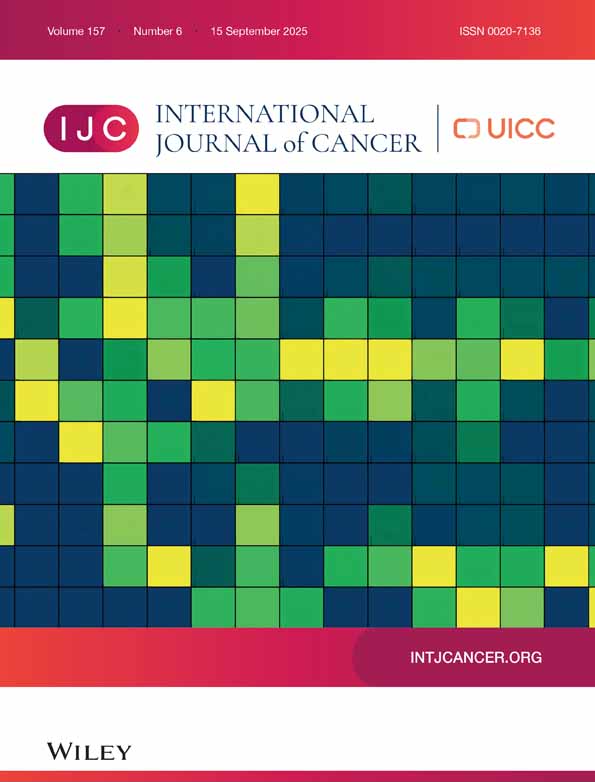R-roscovitine sensitizes anaplastic thyroid carcinoma cells to TRAIL-induced apoptosis via regulation of IKK/NF-κB pathway
Abstract
Among thyroid carcinomas, highly aggressive undifferentiated or anaplastic carcinomas still await effective therapeutic strategies. R-roscovitine is a novel cyclin-dependent kinase inhibitor in clinical trials as anti-cancer agent. We have investigated the effects of R-roscovitine on proliferation and apoptosis of 4 thyroid cancer cell lines with different degrees of malignancy. R-roscovitine induced cell cycle arrest in G2/M phase in all cells analyzed possibly by inhibiting the CDK1-cyclin B1 complex. However, the compound was unable to induce a significant cell apoptosis. R-roscovitine has been shown to sensitize cancer cells to TRAIL-induced apoptosis. We report that R-roscovitine sensitized thyroid cell lines to TRAIL-induced apoptosis with the highest degree of synergism observed in the most undifferentiated cancer cells. Apoptosis was associated with the activation of caspases. In thyroid cancers, NF-κB is constitutively activated contributing to the proliferation of malignant cells. Accordingly, we observed that R-roscovitine inhibited p65 expression and nuclear translocation. Moreover, IKKβ over-expression inhibited R-roscovitine- and TRAIL-induced apoptosis. The combined treatment also caused down-regulation of anti-apoptotic proteins transcriptionally regulated by NF-κB. Finally, R-roscovitine up-regulated expression of DR5 TRAIL receptors. These results demonstrate that undifferentiated thyroid carcinoma cells can be effectively killed by a combination treatment of subtoxic doses of R-roscovitine and TRAIL. R-roscovitine sensitization of TRAIL-induced apoptosis appears to be mediated by the inhibition of the IKK/NF-KB pathway leading to down-regulation of anti-apoptotic genes and up-regulation of TRAIL death receptors. The combination of R-roscovitine and TRAIL may represent a novel approach to the treatment of anaplastic thyroid carcinomas resistant to conventional chemotherapy. © 2009 Wiley-Liss, Inc.




